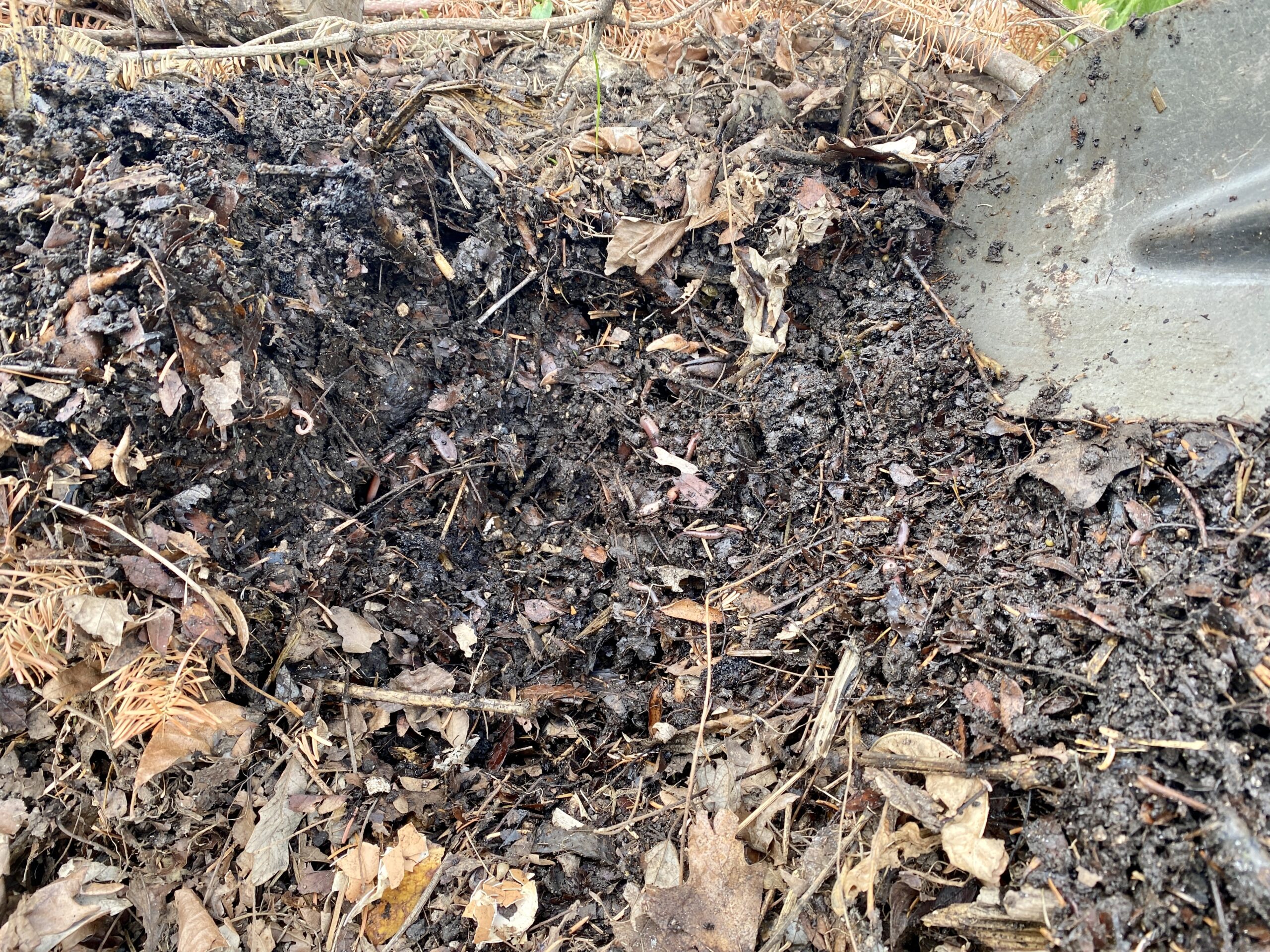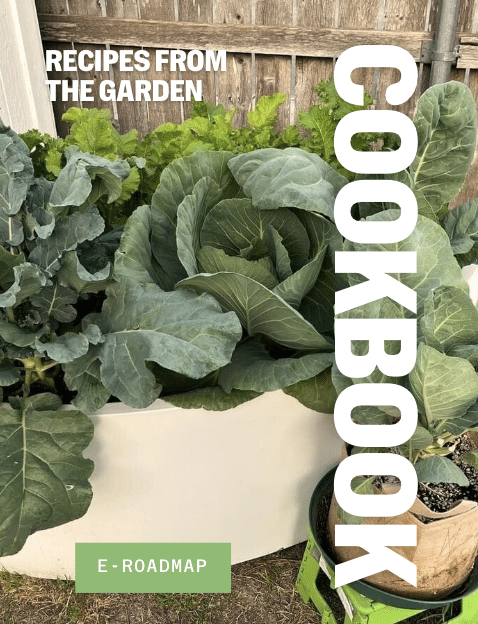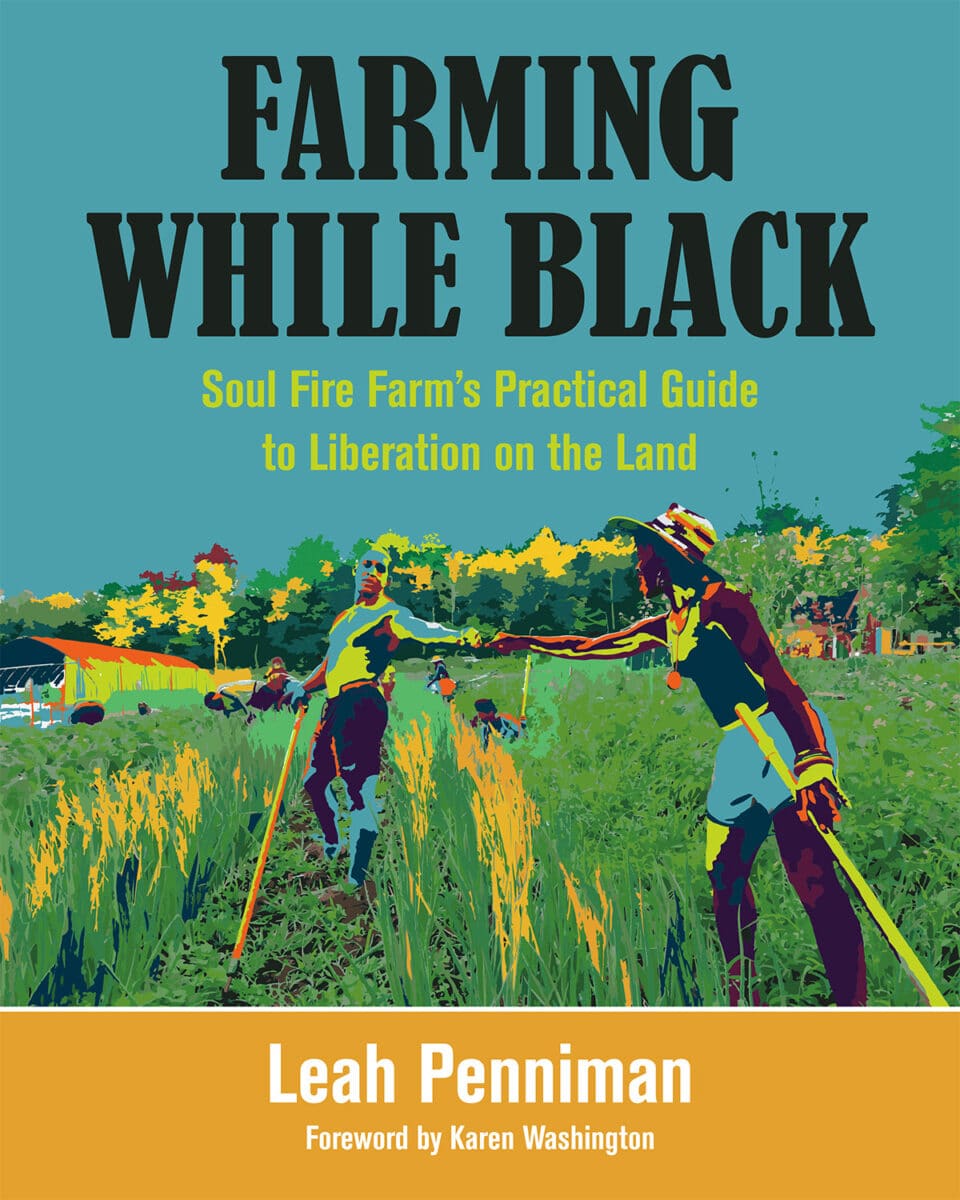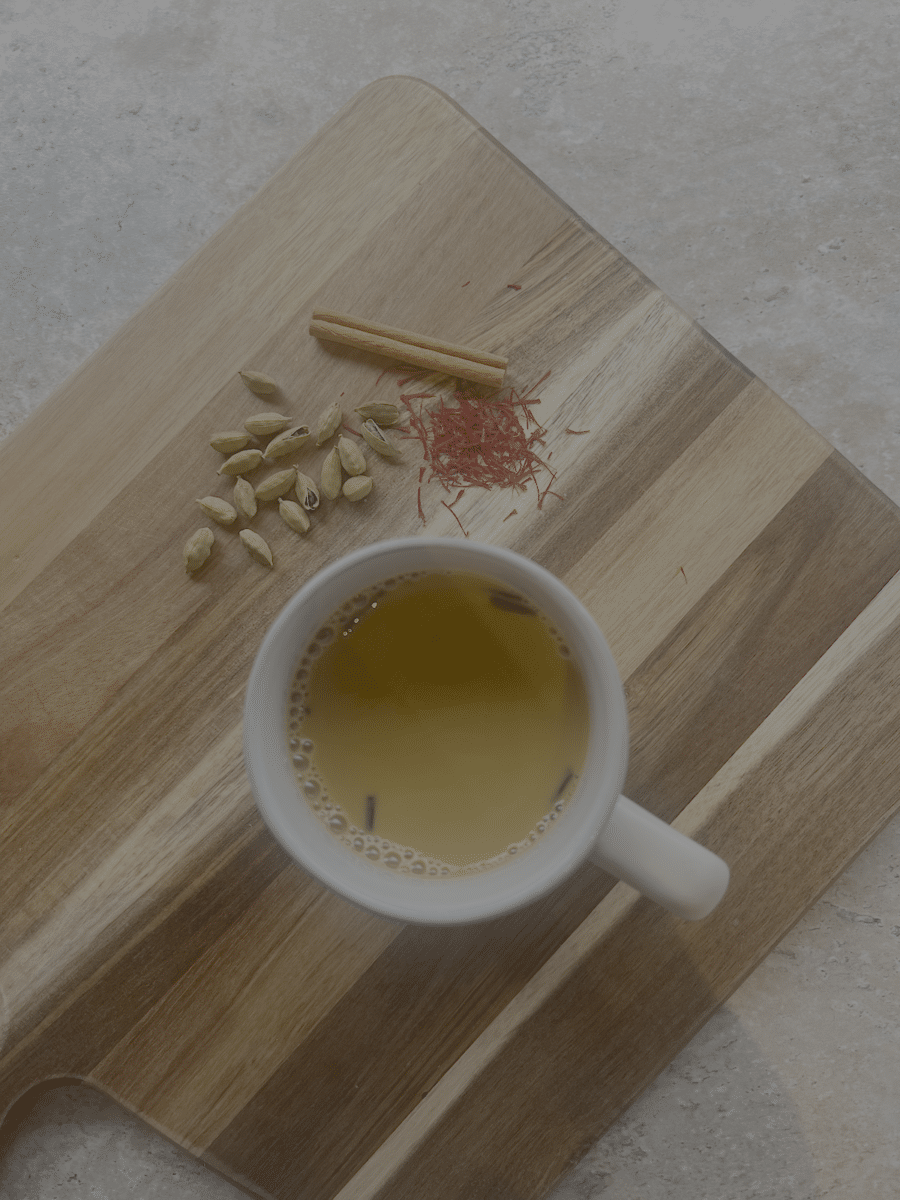Compost is an excellent soil amendment that adds nutrients, increases water-holding capacity, improves soil structure, and introduces beneficial microorganisms to the soil. A:Compost is made of dead stuff that has decomposed. It is created when organic materials break down and can be made from animal manures (cow, poultry, worm castings, etc.), food waste, and yard waste (leaves, grass clippings, etc.). Composting breaks down these materials into their base elements, making nutrients available for plants to absorb. A:You can purchase compost from garden centers and farm or landscape stores, big box stores, and many local grocery and hardware stores during peak gardening seasons. Some cities and counties offer free compost. There are compost businesses that sell the compost they produce. You can also make your own compost. A:You should apply compost at least twice per year. At the beginning of each growing season before planting, and halfway through the growing season. A:1. Spread compost 1-2 inches thick across the surface of the soil.
2. Use a shovel, garden fork, or your hands to turn and evenly mix the compost into the top 6 inches of your soil.
3. When adding compost after you have planted or around perennials, simply add it to the surface of the soil without mixing it in so you don't damage the growing plants and their roots. Q:What is compost?
Q:Where do I get compost?
Q:When to apply compost?
Q:How to apply compost?
Compost Q&A



